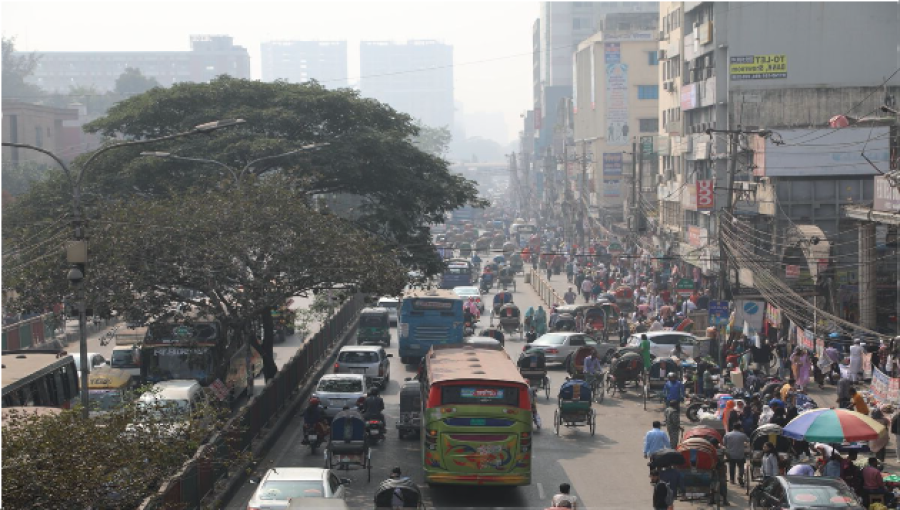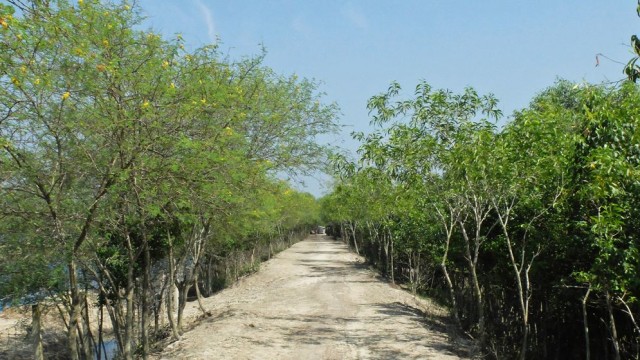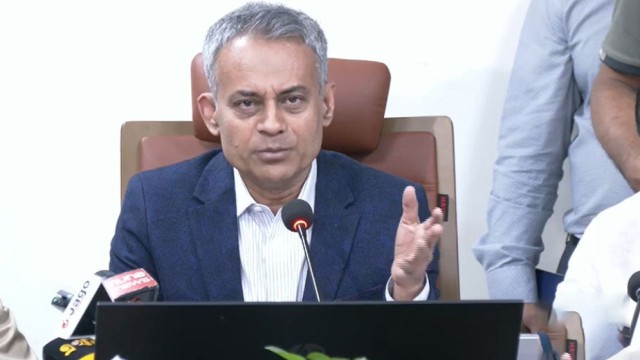Following a spell of rain, Dhaka's air quality has shown a notable improvement, with the capital city ranking 33rd on the list of cities worldwide with an Air Quality Index (AQI) score of 86 at 9:10 am this morning (March 31, 2024). The city's air quality was classified as 'moderate' according to the air quality index, signifying a positive shift in environmental conditions.
Global Rankings and AQI Classification
In the global context, India's Delhi, Thailand's Chiang Mai, and Pakistan's Karachi occupied the top three spots on the list, with AQI scores of 201, 179, and 171 respectively. The classification of air quality based on the AQI value for particle pollution indicates that Dhaka's air quality falls within the 'moderate' category, signifying an acceptable level with a moderate health concern for a very small number of people who are unusually sensitive to air pollution.
Persistent Air Quality Challenges
Dhaka has long grappled with air pollution issues, with its air quality typically deteriorating in winter and showing improvement during the monsoon. The city's ongoing efforts to address air pollution are underscored by the significant impact of environmental factors on public health, as highlighted by the World Health Organization (WHO), which estimates that air pollution causes an estimated seven million deaths worldwide annually, primarily due to increased mortality from various respiratory and cardiovascular conditions.
Air Quality Index and Health Implications
The Air Quality Index (AQI) serves as a crucial tool for informing individuals about the cleanliness or pollution levels of the air in a specific city, along with associated health effects. The AQI in Bangladesh is based on five pollutants: particulate matter (PM10 and PM2.5), NO2, CO, SO2, and ozone, providing valuable insights into the environmental conditions and potential health risks for residents.































Comment: